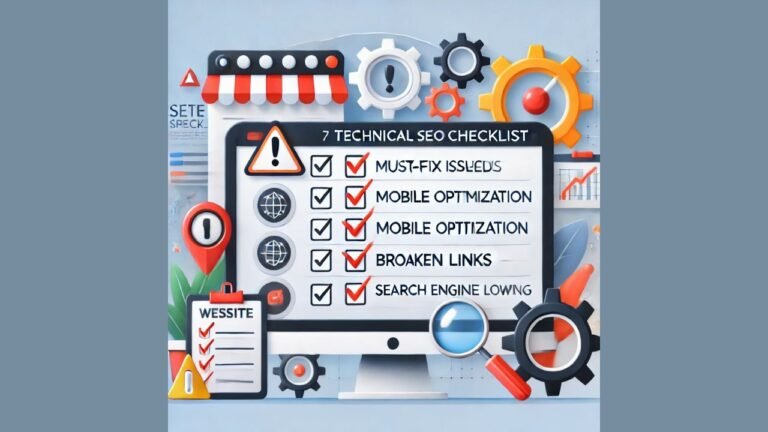
In today’s fast-paced healthcare environment, effective clinical knowledge management is paramount. Hospitals increasingly turn to knowledge management systems to centralize and streamline access to critical information, ensuring that healthcare professionals have the necessary resources. By integrating these systems into their operations, hospitals aim to enhance patient outcomes, boost staff productivity, and foster continuous learning. In this article, we delve into the mechanisms behind these systems, their benefits, and the strategies for implementation, as well as how to gauge their success in transforming healthcare delivery. Keep reading to learn more about the facets of knowledge management in the healthcare sector.
Understanding Knowledge Management Systems in the Healthcare Sector
Alt text: A doctor engaged in a discussion about the role and implementation of knowledge management systems in the healthcare sector
Knowledge management systems (KMS) are integrated platforms designed to capture, organize, and disseminate information among clinicians and staff. They encompass various forms of data, including research findings, clinical guidelines, patient records, and operational policies. The aim is to have a centralized repository that allows for easy retrieval and application of knowledge across different departments and specialties. By doing so, healthcare providers can make informed decisions based on the most current and relevant information.
With its continuous evolution and expansion, KMS has become more complex in managing vast information. These systems are often designed with advanced search capabilities and customizable interfaces to meet the specific needs of various user groups within a hospital. For example, surgeons may access surgical protocols and case studies, while administrative staff may utilize KMS for compliance and policy updates.
Furthermore, using knowledge management for healthcare involves managing explicit and tacit knowledge, which is harder to articulate. This includes insights from clinical experience, procedural know-how, and even the synthesis of complex patient case studies. KMSs are becoming increasingly sophisticated, integrating features such as artificial intelligence and machine learning to help categorize and extract insights from this unstructured information.
It is also critical for KMS to align with healthcare regulations and ensure data privacy and security. With the growing concern over patient confidentiality, KMS must have robust protection mechanisms to safeguard sensitive information. The effectiveness of a KMS relies heavily on maintaining the trust of its users by ensuring their interaction with the system is secure and compliant with healthcare standards.
Key Benefits of Knowledge Management for Hospitals
Alt text: Medical personnel in a meeting discussing the key benefits of implementing knowledge management systems in hospital settings
Implementing knowledge management systems (KMS) in hospitals offers significant benefits, particularly in improving patient care. These systems provide clinicians with quick access to up-to-date medical information, supporting accurate diagnoses and effective treatment plans. This leads to better patient outcomes and higher satisfaction levels.
KMS also boosts operational efficiency by streamlining workflows and reducing the time staff spend searching for information. As a result, administrative burdens are lowered, and more attention can be devoted to direct patient care. This efficiency translates into better service delivery and notable cost savings for hospitals.
In professional development, KMS fosters continuous learning and collaboration among healthcare workers. These systems support ongoing education by offering platforms for sharing expertise and staying informed about medical advancements. This environment encourages innovation and helps professionals maintain high standards of care.
Knowledge management is crucial in risk management and quality control. Hospitals can enhance compliance and reduce the risk of errors by ensuring easy access to the latest protocols, research, and regulations. This contributes to safer, more reliable healthcare delivery.
Strategies for Successful Implementation of a Hospital Knowledge Management System
Gaining support from top management is a vital first step in successfully implementing a knowledge management system (KMS). Leadership backing ensures the necessary resources are allocated and promotes organization-wide adoption. Clear, consistent communication about the system’s benefits helps foster enthusiasm and acceptance among staff.
Another key strategy is to involve end-users such as doctors, nurses, and administrative personnel early in the design process. Their input ensures the system is practical, user-friendly, and aligned with daily workflows. This engagement not only improves the system’s usability but also helps promote adoption through peer support.
Ongoing evaluation and updates are essential for maintaining an effective KMS. Regular assessment and improvement ensure the system remains relevant and efficient as user needs and technologies evolve. Feedback loops and usage monitoring provide critical data for making informed adjustments over time.
Altogether, implementing knowledge management systems in hospitals enhances clinical decision-making, operational efficiency, and continuous professional development. These systems are vital in advancing patient care and organizational performance by fostering a culture of knowledge sharing and ensuring secure, streamlined access to critical information.


![Where_to_Inject_TRT[1]](https://londontechinsights.co.uk/wp-content/uploads/2025/09/Where_to_Inject_TRT1-768x512.jpg)



